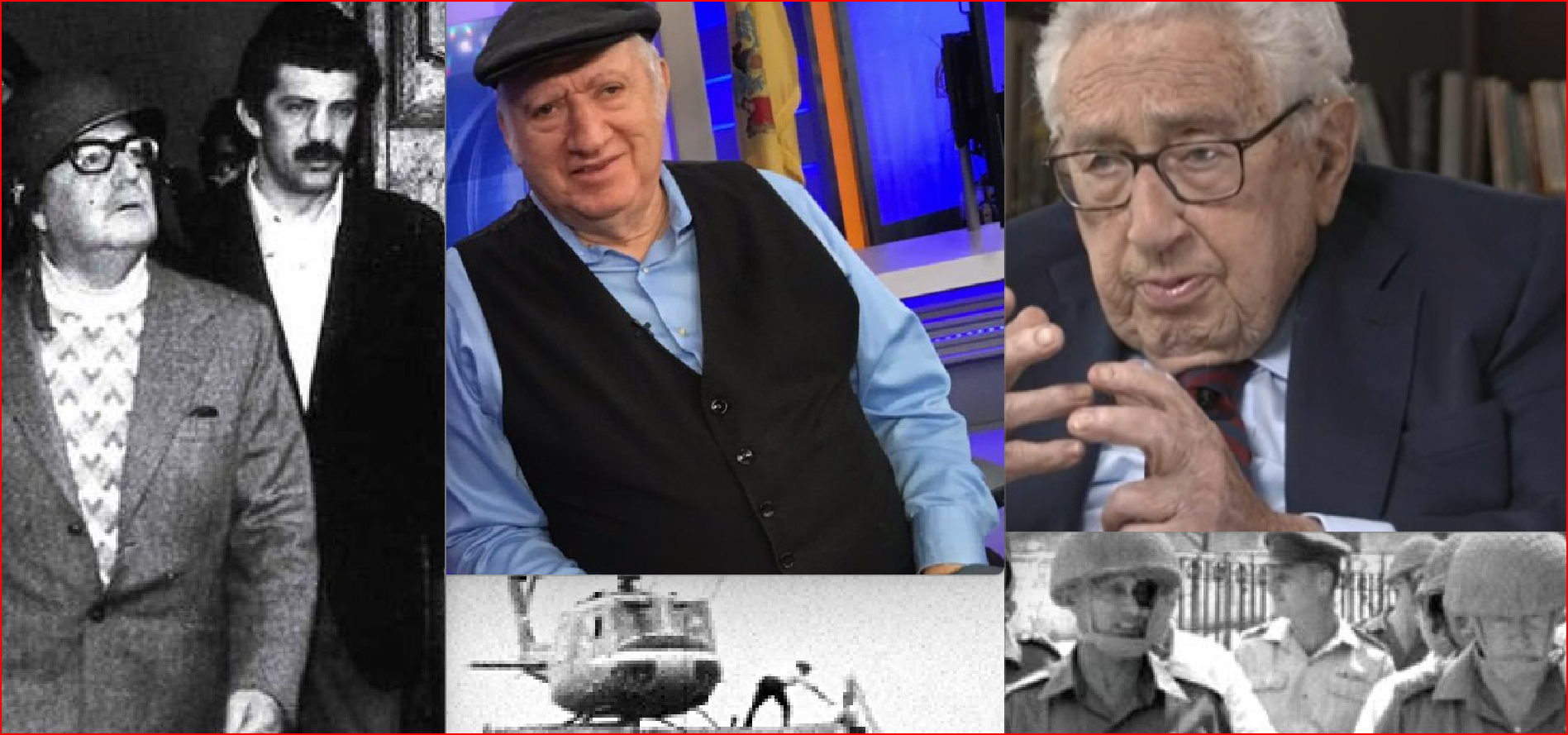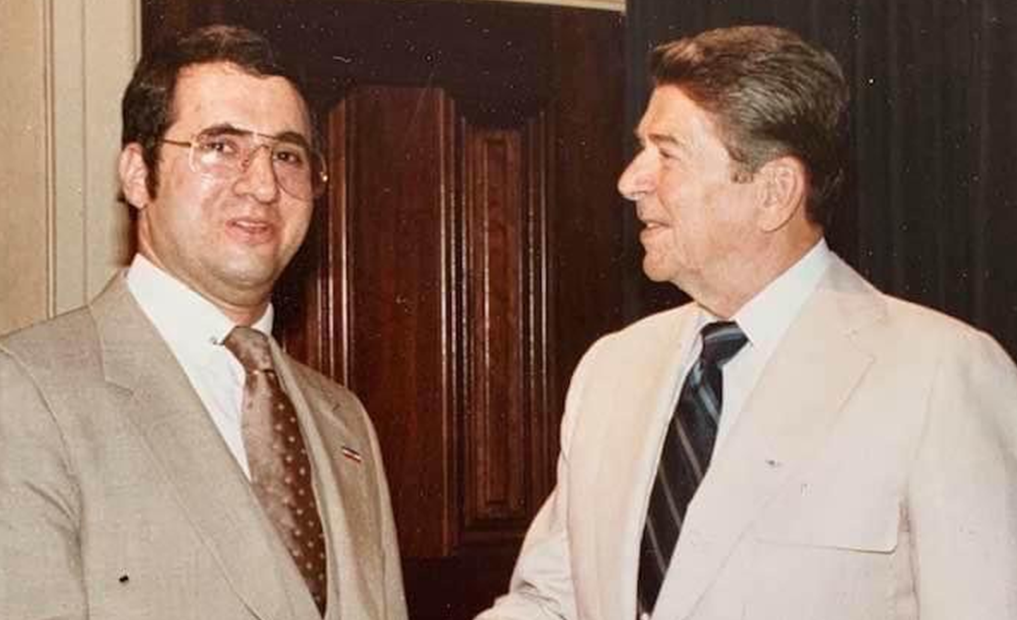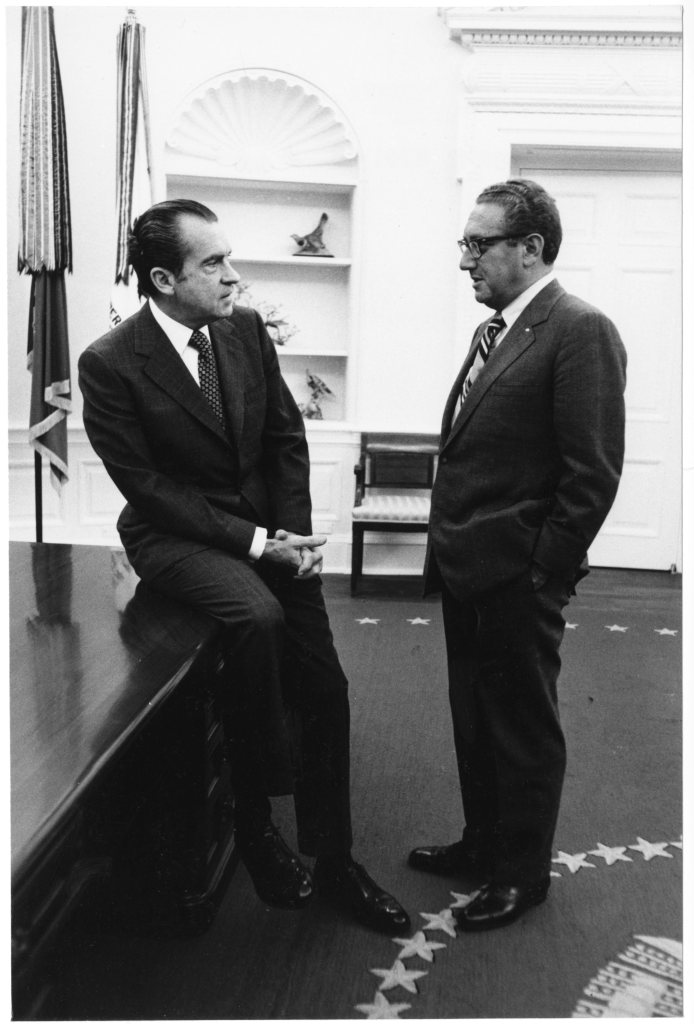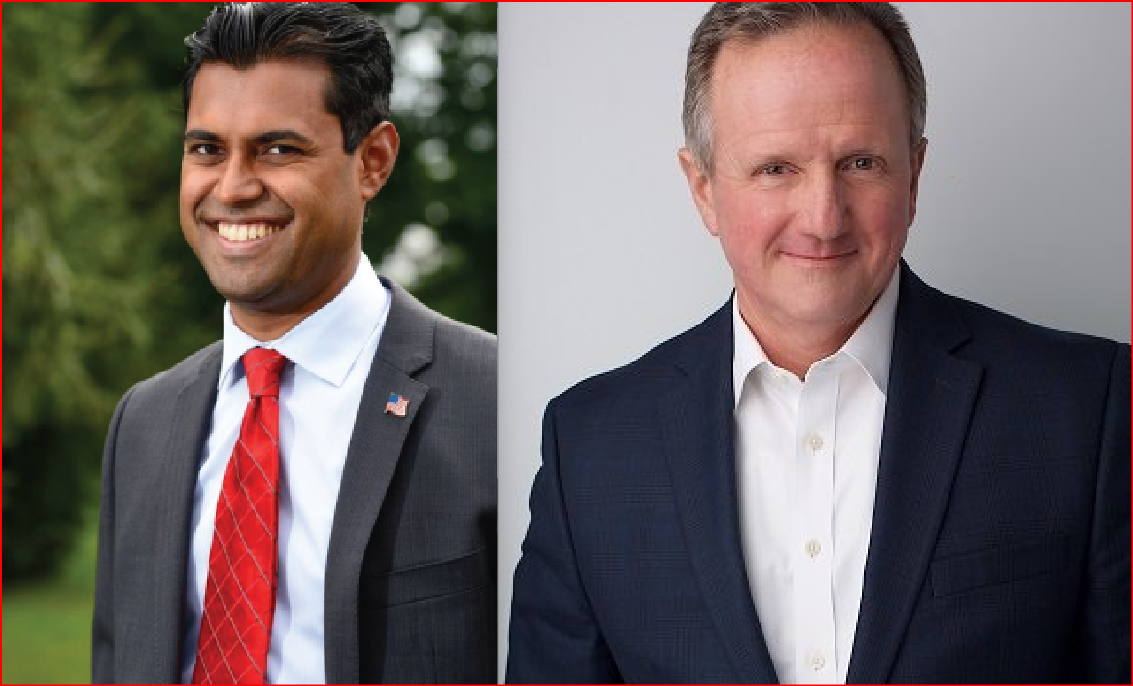Henry Kissinger is a name that resonates with both admiration and controversy in the realm of international politics. As one of the most influential figures in American diplomacy, Kissinger’s legacy is a complex tapestry of achievements and criticisms. In this article, we will delve into the intricate legacy of Henry Kissinger, exploring his impact on global affairs and the ongoing debates surrounding his actions.
Born in Germany in 1923, Henry Kissinger fled Nazi persecution with his family and settled in the United States. He went on to become a prominent academic, specializing in international relations and foreign policy. Kissinger’s intellectual prowess caught the attention of policymakers, leading to his appointment as National Security Advisor and later Secretary of State under Presidents Richard Nixon and Gerald Ford.
One of Kissinger’s most notable achievements was his role in the normalization of relations between the United States and China. In 1971, he secretly visited Beijing, paving the way for President Nixon’s historic trip the following year. This groundbreaking diplomatic maneuver not only reshaped the global balance of power but also opened up economic opportunities for both nations. Kissinger’s realpolitik approach, which prioritized pragmatism over ideology, played a crucial role in this historic rapprochement.
Another significant accomplishment attributed to Kissinger is his involvement in the negotiations that led to the Paris Peace Accords in 1973, effectively ending American involvement in the Vietnam War. Despite the ongoing debate about the war’s morality and strategic value, Kissinger’s diplomatic efforts were instrumental in bringing about a ceasefire and facilitating the withdrawal of American troops. However, critics argue that his policies prolonged the conflict unnecessarily and caused unnecessary loss of life.
Kissinger’s legacy is also intertwined with his controversial approach to human rights. Critics accuse him of turning a blind eye to human rights abuses committed by authoritarian regimes, particularly during his tenure as Secretary of State. His support for dictators such as Augusto Pinochet in Chile and General Suharto in Indonesia has drawn sharp criticism from human rights activists. However, Kissinger’s defenders argue that his realpolitik approach was necessary to advance American interests during the Cold War.
Furthermore, Kissinger’s involvement in covert operations and clandestine diplomacy has raised questions about the ethics of his actions. His role in the secret bombing campaign in Cambodia during the Vietnam War and his alleged involvement in the overthrow of democratically elected governments have fueled accusations of disregard for democratic principles and international law.
Despite the controversies surrounding his legacy, there is no denying Henry Kissinger’s profound impact on the field of international relations. His strategic thinking, diplomatic finesse, and ability to navigate complex geopolitical landscapes have earned him both praise and condemnation. Kissinger’s influence can still be felt today, as policymakers continue to grapple with the challenges of global diplomacy.
In conclusion, exploring the intricate legacy of Henry Kissinger reveals a complex figure who shaped the course of American foreign policy. While his achievements in diplomacy and realpolitik are widely acknowledged, his controversial actions and alleged disregard for human rights have sparked ongoing debates. Understanding Kissinger’s legacy requires a nuanced analysis that takes into account both his successes and failures, ultimately leaving us with a deeper understanding of the complexities of international relations.




